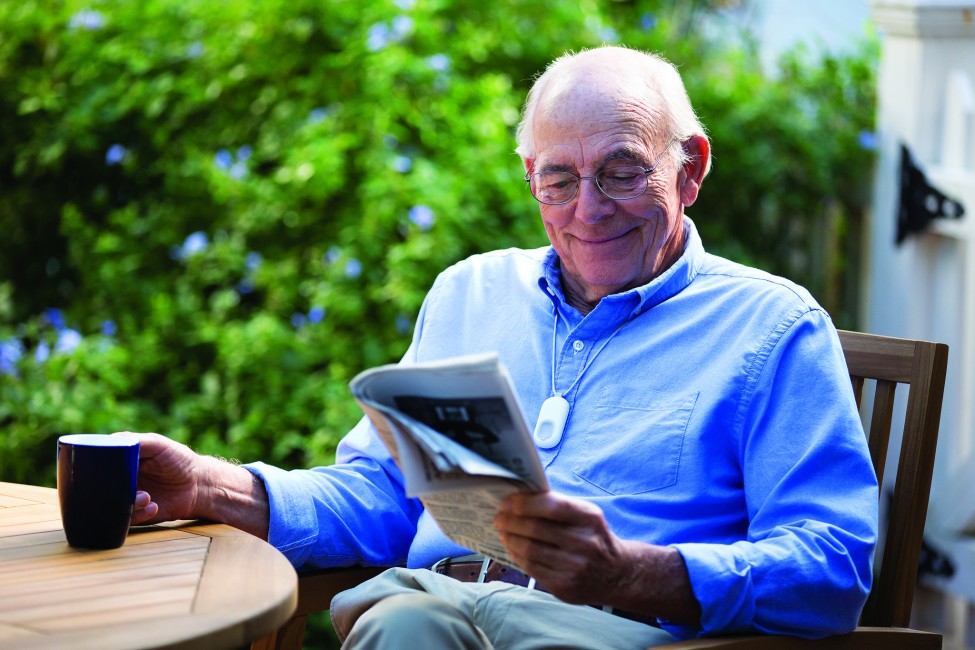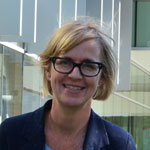
Reimagining the story of old age from one of decline to one of well being is entirely possible, says Elizabeth Kelson, a UBC instructor and postdoctoral fellow who studies the social, physical, psychological and cognitive aspects of aging.
She points to the growing number of people aged 80-100 (and over) who remain fit, social and active into their later years. The secret, Kelson says, is to start healthy habits now, and not wait until later in life.
Your public talk at UBC on October 17 is all about “super agers.” Who are these people?
Super agers are people in their 80s, 90s and older who are living life in a healthy way and have demonstrated resiliency. They aren’t necessarily in perfect health, but they manage their challenges in a way that’s inspiring to see.
Older adults are the focus of my work as a researcher and sessional instructor at UBC. Super agers fascinate me because they prove that it’s the quality of life that matters, not the quantity.
What can we learn from them?
There is a strong connection between mind and body and the positive things that we do for our physical selves also benefit our mental faculties. A growing body of research supports this connection. Super agers keep fit and active, whether it’s by doing tai chi or dance or having a hobby. They socialize in some way with family and friends.
The other key point is that healthy aging begins now, in the present moment. It doesn’t start when you’re older or nearing retirement. Lifestyle changes now can make a huge difference later on.
Any tips in particular?
Getting exercise is a good one, and I define that broadly to mean anything that enhances mobility, muscle tone, resistance and balance. I’m a big advocate of walking for those reasons and because you tend to do it with other people, so it also fosters social engagement.
Staying connected is huge. In exploring different stories of people who have reached very old age, we find that they talk about how important their supports, like family and friends, are to their wellbeing.
How to stay connected is a matter of preference. There’s a lot of research on more seniors being online and using different forms of social media to stay connected with geographically-dispersed family and friends. It doesn’t replace face-to-face, physical interaction but it’s a component, and a growing one for the current group of 65-plus.
We also need to find a reason to get up in the morning. Pursue a lifelong passion or find something new to do that’s exciting, like a new business, volunteer work, engagement with arts and culture or a new hobby.
Remember that it’s never too early or too late to foster well-being. Whatever you can do today to enhance mobility, balance, creativity, social engagement and sense of purpose is important.
Aside from teaching, you’re also doing a study on older adults living with dementia.
This is a study on community supports for people living with dementia, led by Alison Phinney of the School of Nursing at UBC. Basically, we are looking at how we can support people under 65 who are experiencing cognitive challenges but want to stay in the community, be with their peers and stay fit. We walk around, we have ice cream, we dance in the park, and we enjoy the seawall. These people are engaged in their city and they’re not hidden away. What we’re finding is that by postponing their placement in residential settings, they stay healthier for a longer time. That is very exciting.
Learning from “Super Agers:” What Centenarians Can Teach Us About Aging Well is a free public talk presented by UBC Continuing Studies slated for October 17 as part of UBC’s Centennial celebrations.
